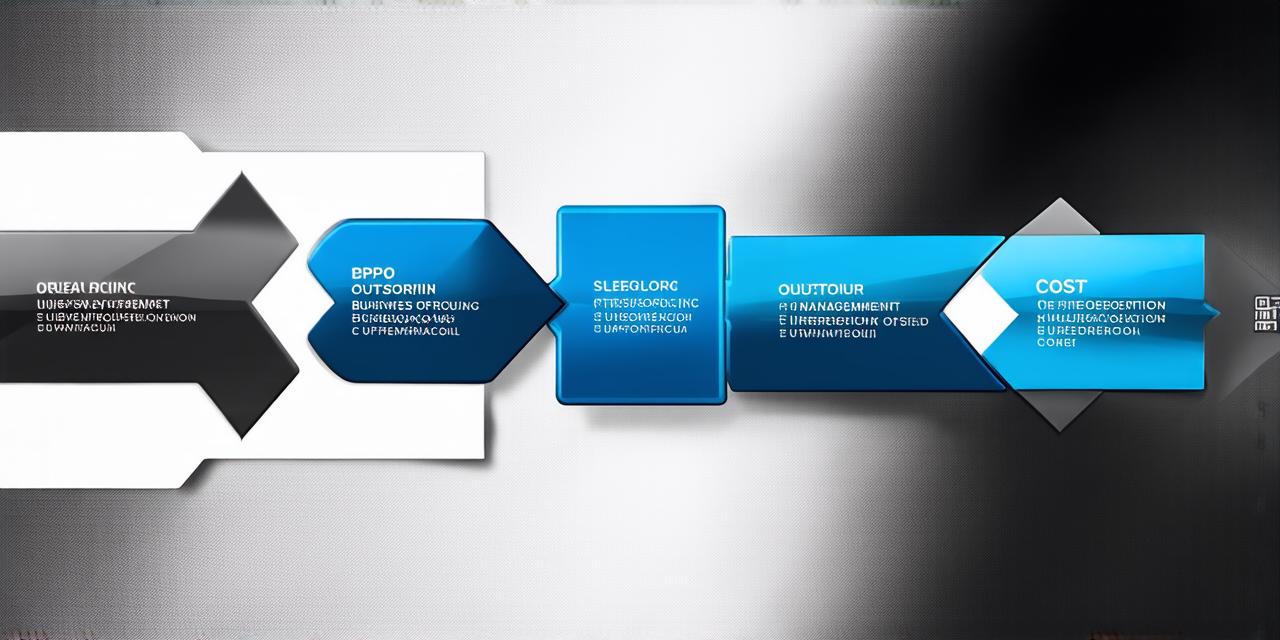What is a business process outsourcing.
Business process outsourcing (BPO)
Business process outsourcing (BPO) refers to the practice of outsourcing business processes, such as customer service or accounting, to third-party providers. The main advantage of BPO is that it allows companies to focus on their core competencies while letting experts handle the details.
How does BPO work?
BPO involves outsourcing a business process or function to an external provider, such as a consulting firm or offshore company. The provider takes over the entire process, from data entry to customer service, and manages it on behalf of the business.
There are three main types of BPO: operational, management, and strategic.
Operational BPO
Operational BPO involves outsourcing routine tasks such as data entry or accounting.
Management BPO
Management BPO involves outsourcing more complex tasks such as decision-making or strategy development.
Strategic BPO
Strategic BPO involves outsourcing entire processes or functions, from marketing to supply chain management.
What are the benefits of BPO?
There are several benefits to BPO, including:
- Cost savings: BPO allows businesses to reduce their overhead costs by outsourcing routine tasks to a third-party provider. This can include staffing, training, and infrastructure costs.
- Increased efficiency: BPO providers have the expertise and resources to manage complex business processes more efficiently than an internal team. This can lead to faster turnaround times, improved customer service, and better decision-making.
- Flexibility: BPO allows businesses to scale up or down as needed, without having to worry about hiring additional staff or infrastructure.
- Expertise: BPO providers have the expertise and resources to manage complex business processes more effectively than an internal team. This can include knowledge of industry best practices, access to specialized software or tools, and experience in managing similar processes.
- Access to global talent: BPO providers often have access to a global workforce, which allows businesses to tap into a larger pool of talent. This can be particularly useful for finding skilled workers with specific skills or expertise.
Case studies
There are many successful examples of BPO in action. One notable example is the outsourcing of customer service by companies such as American Airlines and Delta Air Lines to offshore providers in India and the Philippines. This allowed the airlines to reduce their labor costs while improving customer service and increasing operational efficiency.
Another example is the outsourcing of accounting and finance functions by companies such as Netflix and Spotify to BPO providers in Europe and Asia. This allowed the companies to focus on their core competencies while leaving the details of financial management to the experts.
FAQs

1. What types of business processes can be outsourced?
There are three main types of BPO: operational, management, and strategic.
2. What are the benefits of BPO?
There are several benefits to BPO, including cost savings, increased efficiency, flexibility, expertise, and access to global talent.
3. How does BPO work?
BPO involves outsourcing a business process or function to an external provider, such as a consulting firm or offshore company. The provider takes over the entire process, from data entry to customer service, and manages it on behalf of the business.
